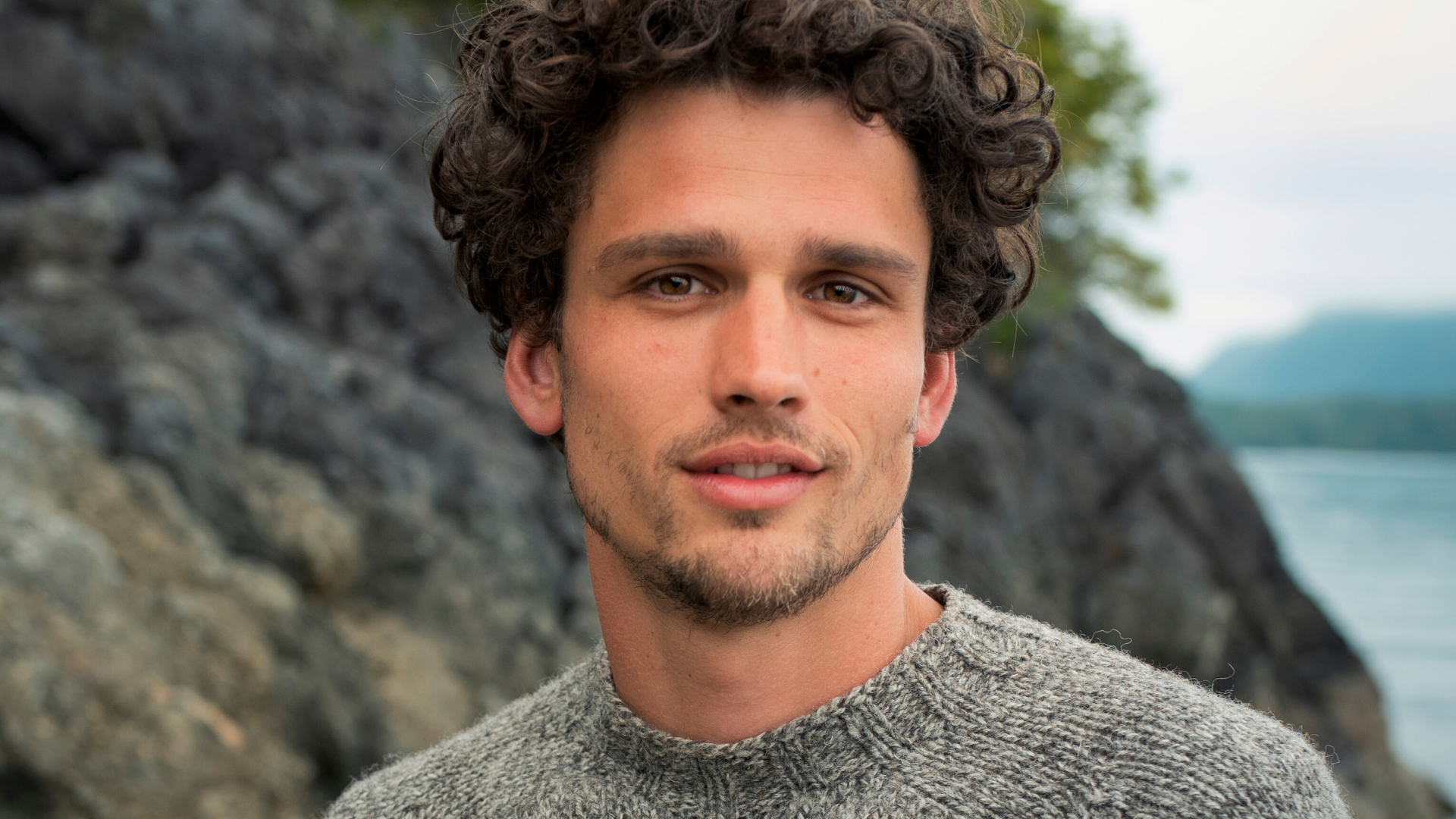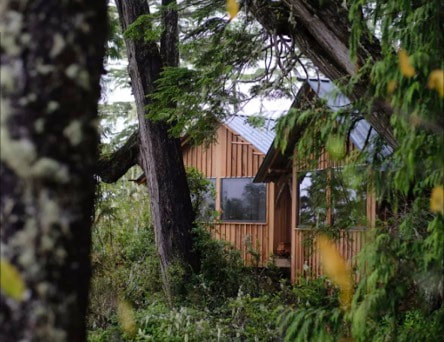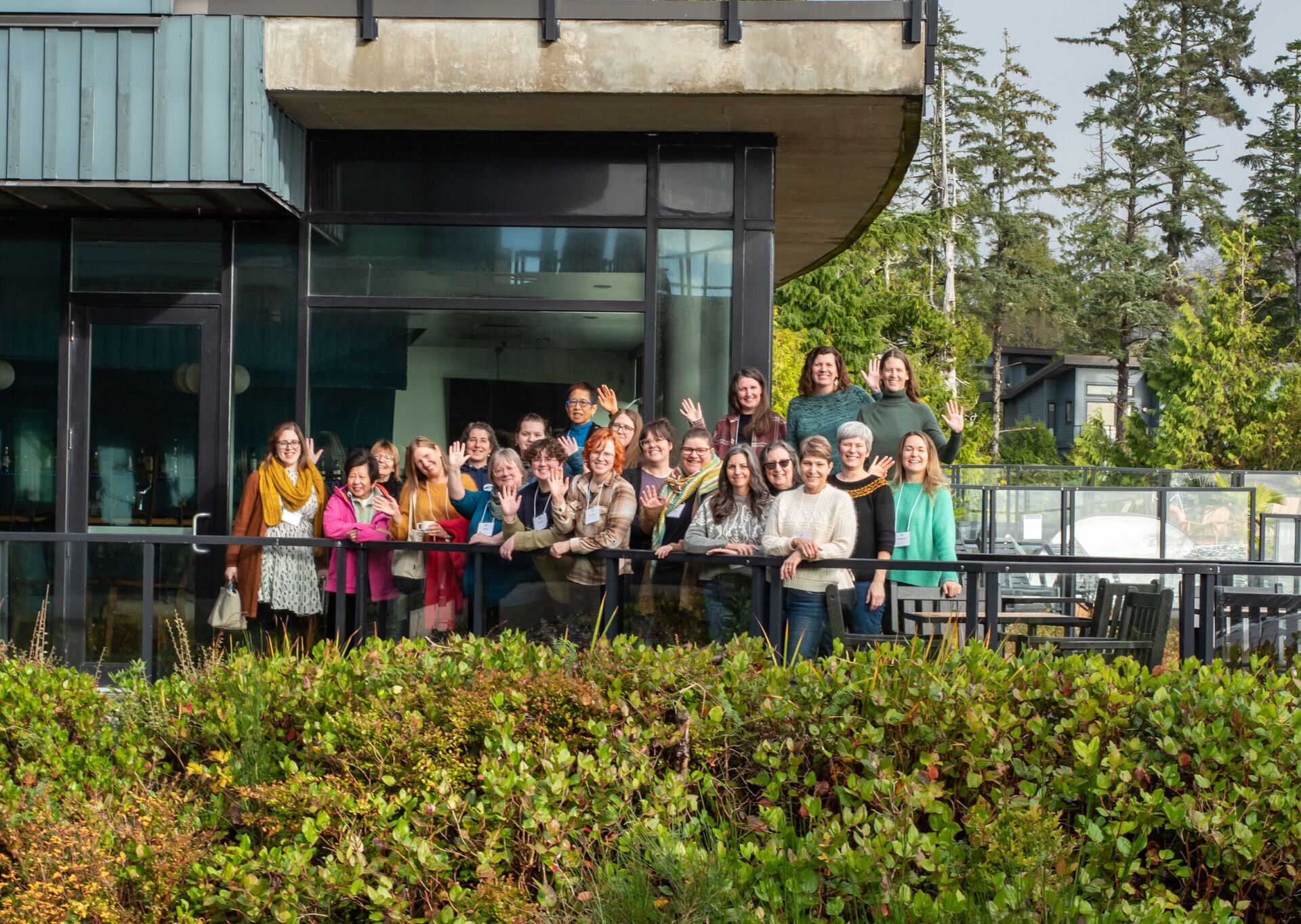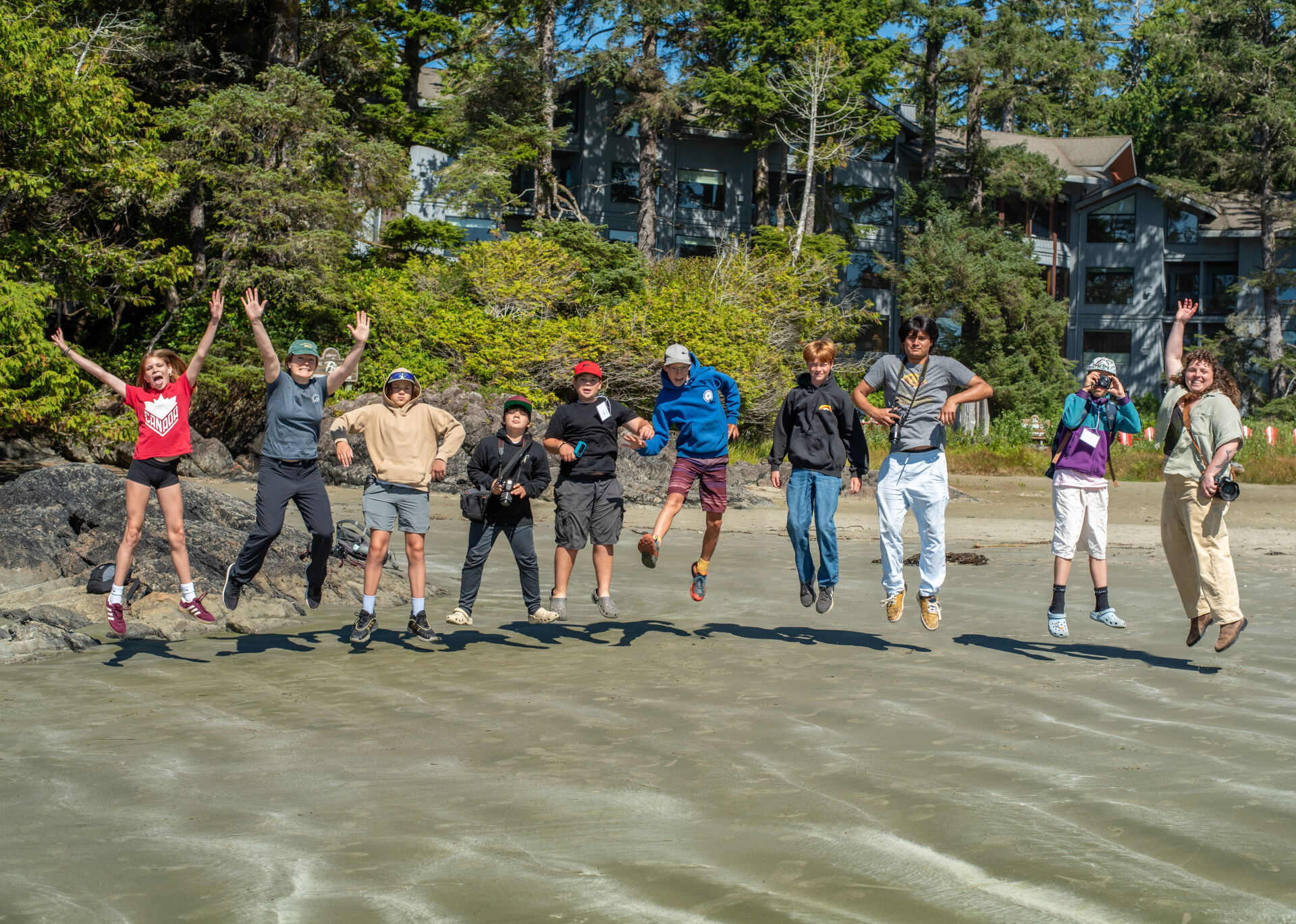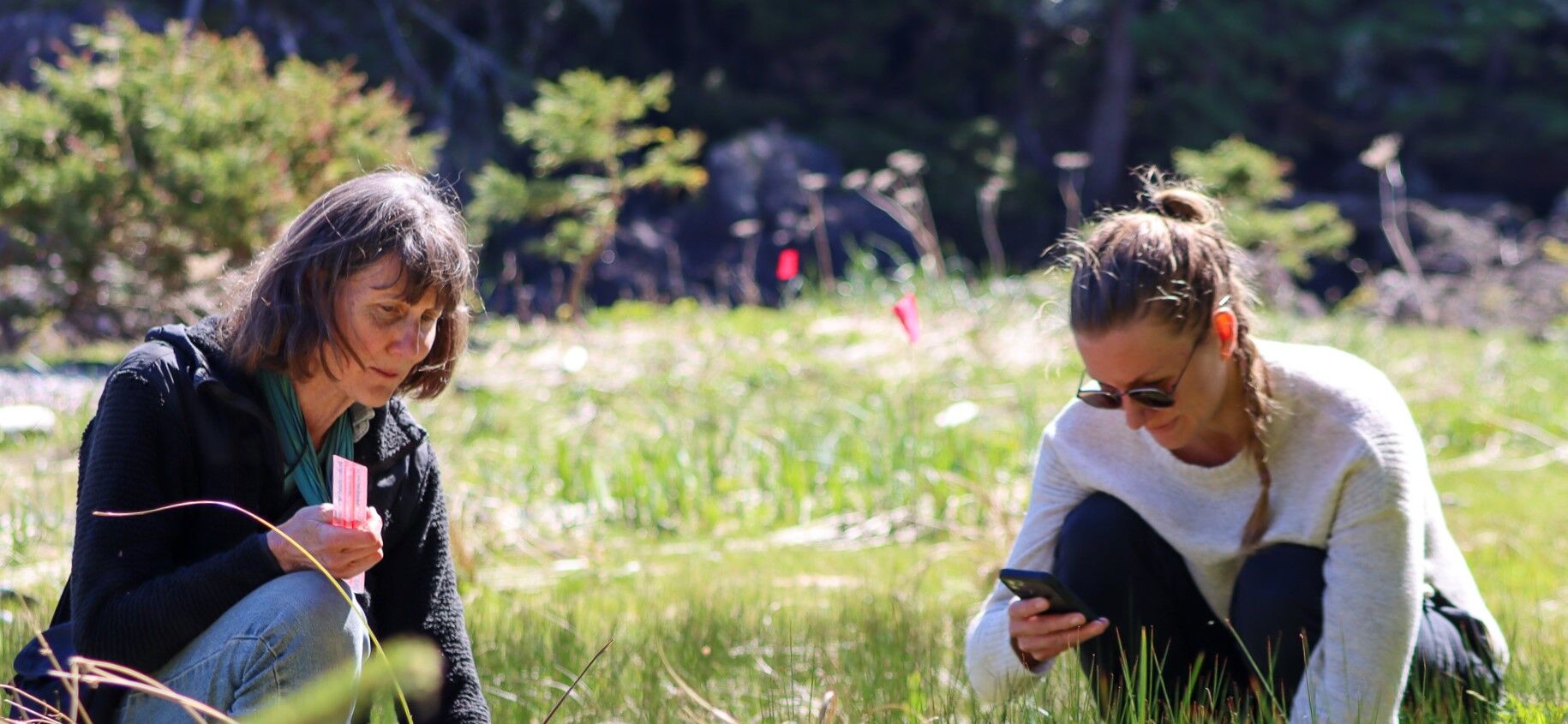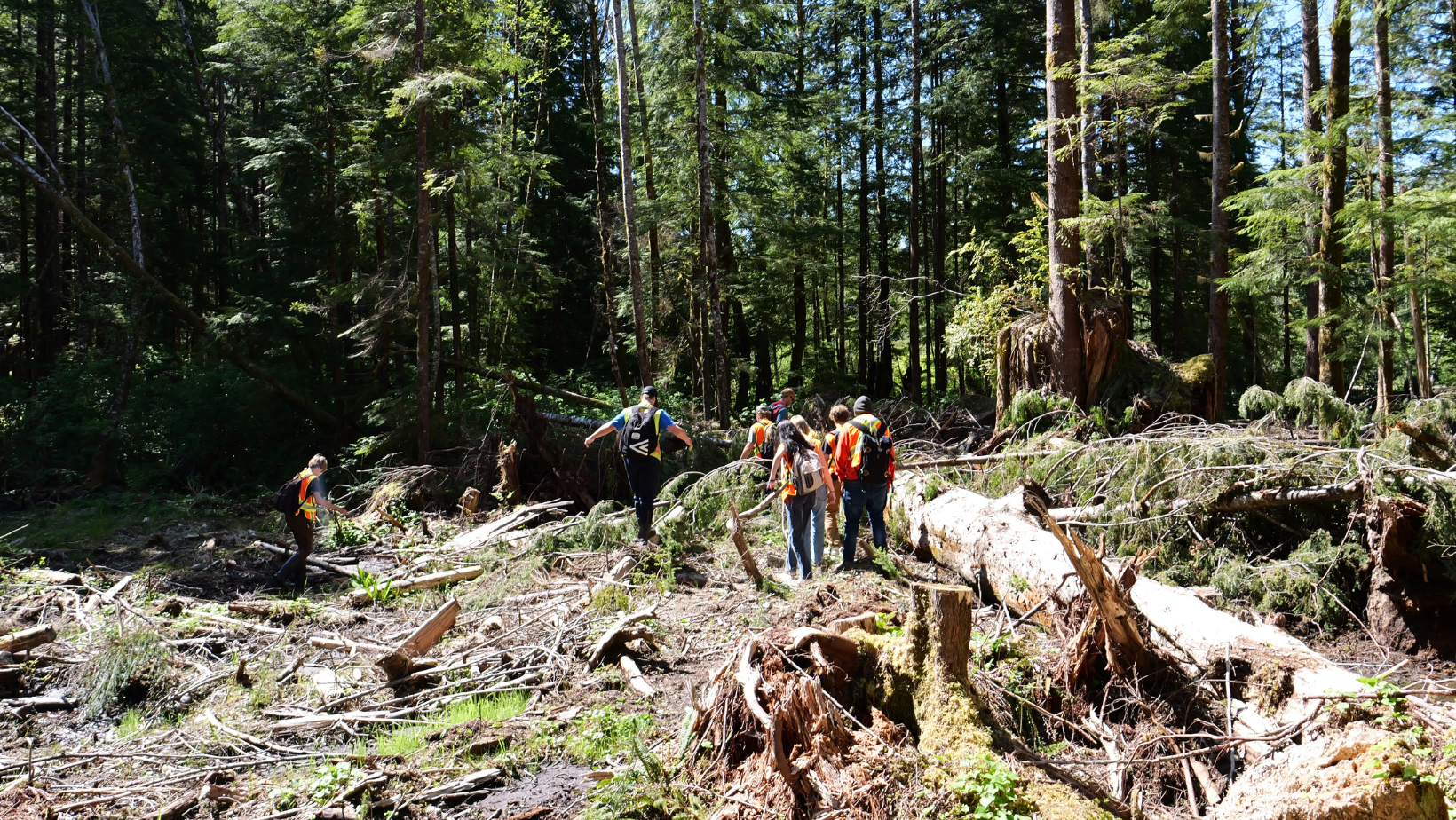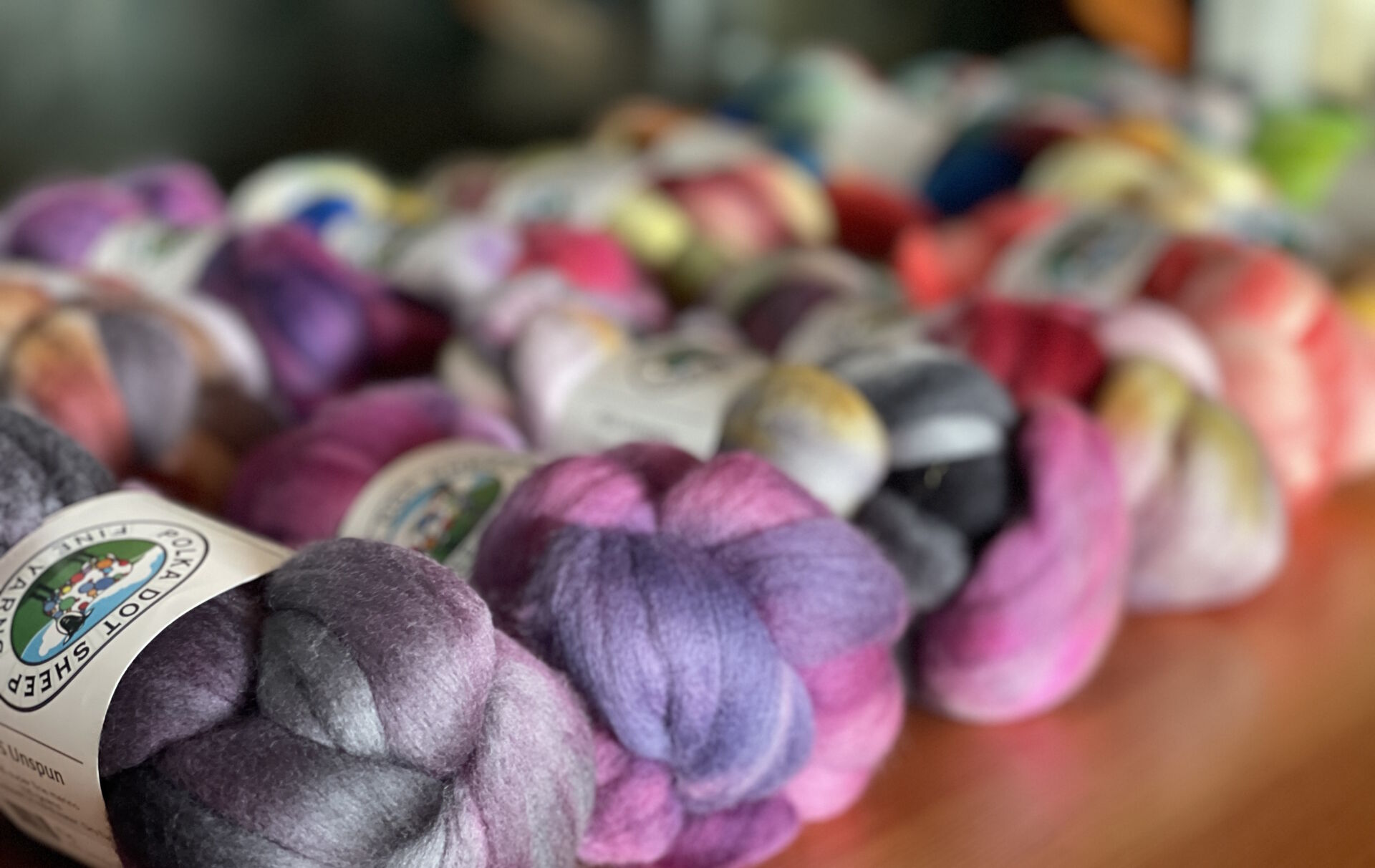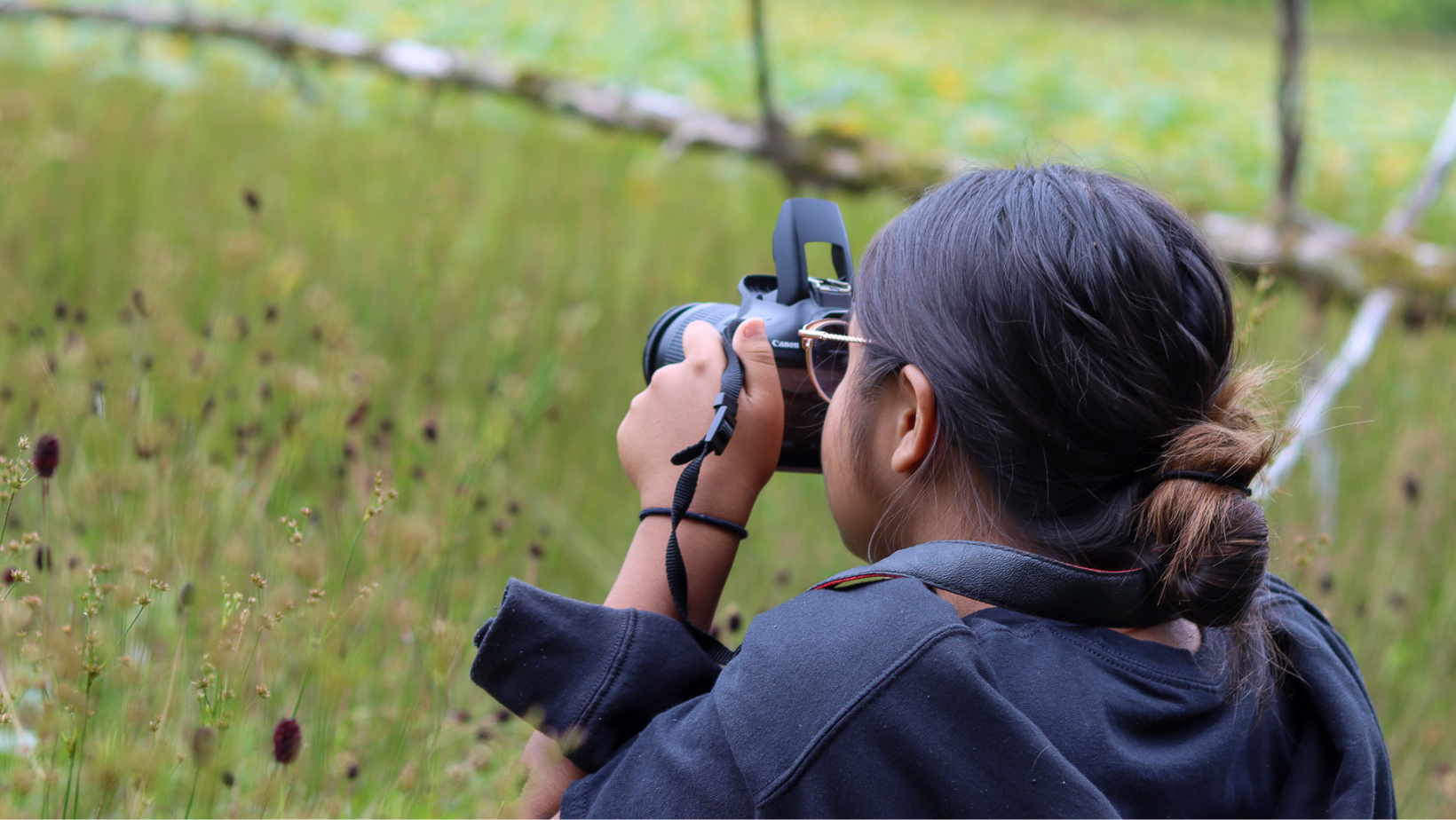Simon Nessman
After finishing a job that had him traveling all over the world, Simon Nessman is happy to be back in British Columbia. Hailing from Hornby Island, Simon is a founder, director, and board member for the Cedar Coast Field Station. After years of studying, living and listening to community members in Clayoquot Sound, Simon has worked with others to turn Cedar Coast into what it is now: a space for learning. It’s a place where people from a variety of backgrounds can find space to share what they know about life in Clayoquot Sound, and maybe learn something themselves.
Simon first imagined the Cedar Coast Field Station during a high school field trip to Vargas Island. To turn Cedar Coast into a reality, Simon began attending Quest University Canada. He refined his vision for Cedar Coast while on Quest field trips to Clayoquot Sound, each of which focused on the natural and human histories of the region. He’s been coming back ever since. Over the last six years, Simon has spent time connecting with the people who call Clayoquot Sound home, and learning how the Cedar Coast Field Station can meet the needs of those people. While living on Vargas, he’s found himself inspired by a community of people who look after each other and the ecosystems they depend on. Cedar Coast is Simon’s way to share some of the things he’s learned about while in Clayoquot; Cedar coast has K-12 education programs, educational summer camps, and adult education workshops.
Before Cedar Coast was what it is today, Simon was finding sea lice infected Salmon washing up on the beach around his home. Knowing the role that sea lice play in disrupting salmon life-cycles, Simon began to facilitate projects to monitor the ecosystems around him. The Cedar Coast Field station enables scientist to conduct research on pressing environmental concerns, such as the health of Salmon populations. Today, Simon works with salmon genetics expert, Mack Bartlett, to initiate research on this ecologically and culturally important species. Two employees of Simon’s Cedar Coast Field Station (Mack and Julia) have been driving the sea lice and juvenile salmon monitoring project through in house monitoring, made possible at the Cedar Coast Field Station. This project is an important part of documenting the adverse impacts of aquaculture in Clayoquot Sound. This work has occurred with collaboration from the NTC fisheries, the Ahousaht fisheries, and the Central West Coast Forest Society, and with generous support from local eco-tourism operator, Ocean Outfitters. Cedar Coast plans to continue to take part in monitoring the integrity of ecosystems in the Sound, of which salmon are an inextricable part.
Simon Nessman Interview from Hayden Wyatt on Vimeo.
Cover photo: Ian Harland

